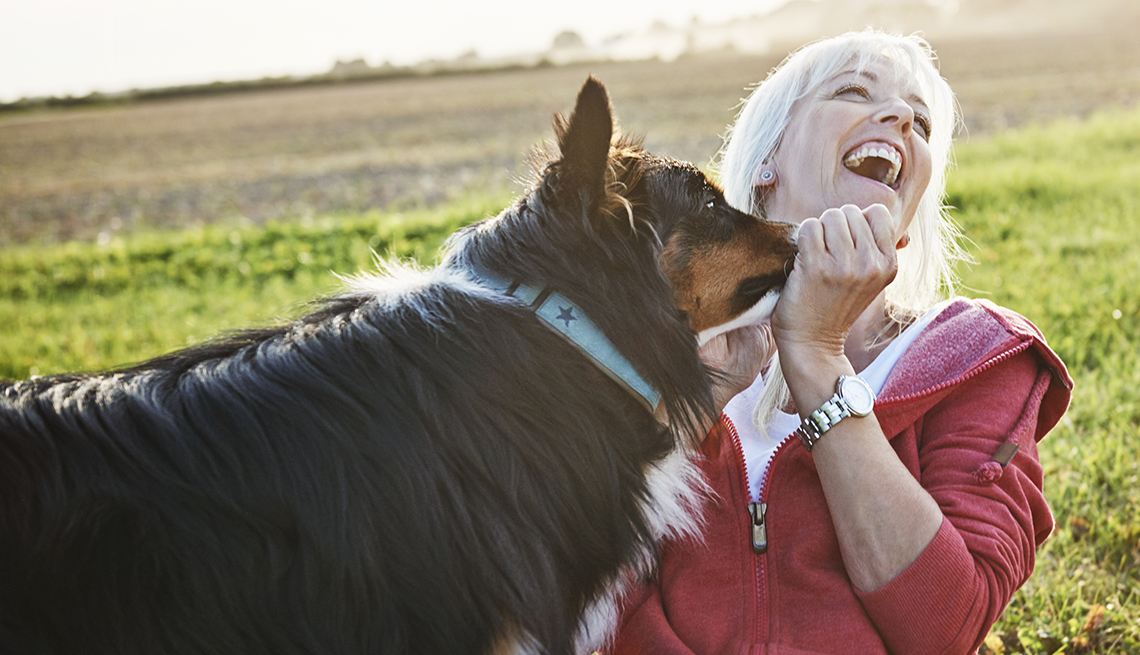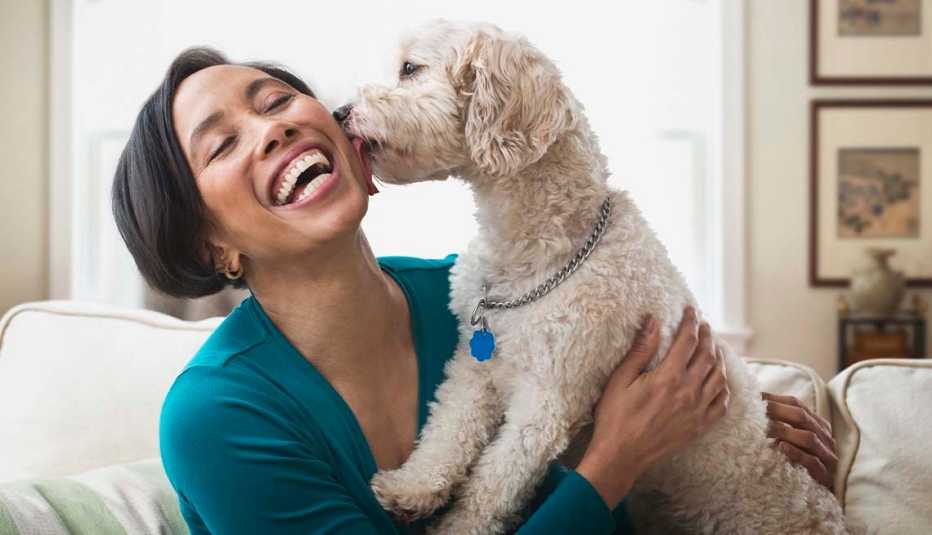AARP Hearing Center
The house seems quiet once the last of the kids move out, doesn't it? If you want to bring some energy back into your world, may we suggest a new family member — one with four legs who's always happy to see you? Although they do take some time and effort, including walking, feeding and grooming, dogs can enrich your life in so many ways (as more than 43 million American dog-owning families can attest).
But with nearly 200 breeds, it can be hard to decide which pup is best for you. Start by considering your physical, time, money and space constraints, says Jerry Klein, chief veterinary officer at the American Kennel Club. “The trick is to choose a dog based on your lifestyle.”
Certain breeds — as well as many mixed-breed dogs — can be especially wonderful companions for a wide range of animal lovers, including older ones. A few to consider:


The Cuddlers: Cavalier King Charles Spaniels
Talk about bloodlines. Cavalier King Charles Spaniels were the favorite lap dogs of royalty centuries ago. They got their name from King Charles II, the 17th century monarch who, legend has it, was so obsessed with his pups that he neglected his royal duties. It's easy to see why: They're adorable, doe-eyed dogs, with sweet, comfort-loving temperaments. “They'll cuddle up with you by the fireplace while you read a book,” says Klein. “But they're happy to go for walks, too.” (Just keep close watch: These Spaniels like to give chase to squirrels and butterflies.) And thanks to their compact size and easygoing nature, they're good traveling companions.
The only thing high-maintenance about them is their grooming: That long, silky hair needs frequent brushing and trims.


The Playmates: Miniature Schnauzers
Miniature Schnauzers are small but have big “Look at me!” personalities. The playful, ever-curious dogs will want to know everything you're up to, shadowing you around the house and watching with fascination as you perform even the most mundane tasks. They also tend to be vocal, which means potential intruders will be kept at bay. (They're not the best choice for people who prefer a very quiet pet).
You'll want to take them for daily walks and let them run around in your yard or a nearby park so they can work off their energy. Otherwise they could get into mischief (say, using your slippers as a chew toy). Bring a ball — they love a good game of fetch.


The Athletes: Schipperkes
If you have an active lifestyle and aren't intimidated by an independent, take-charge pet, the Schipperke (pronounced SHEEP-erk-ker) is for you. Small, alert black dogs, with dark button eyes and a clever, foxlike face, they make terrific watchdogs and are game for pretty much any activity, particularly if it involves water. A fenced-in yard is a must (they love chasing after small critters). They also tend to be easy on the wallet, says Klein: They're “sturdy and don't have a lot of health issues, and that beautiful black coat is easy to care for.”



































































